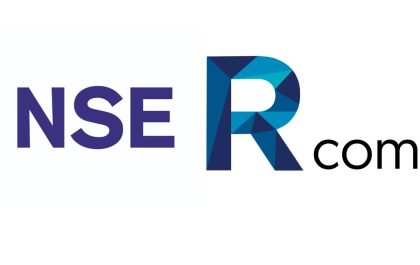Table of Contents
Internet Definition
Internet is a neologism of side that means a decentralized computer network of global reach.
It is a system of interconnecting networks using different protocols that offers a wide variety of services and resources. Such as, for example, access to hypertext files through the web.
Internet is an anglicism that is formed by the abbreviation of the term International network of Computers.
It is known as interpreted international Network of Computers’, or also as ‘Network of Networks.’
The owners of individual networks linked on the Internet spent their funds to acquire and configure equipment, programs, payment, and others necessary for the operation of their resources.
What are the services and uses of the Internet?
- The Internet has unlocked doors to thousands and thousands of different services. Among them, it will allow us.
- Search for any information that is a necessity for the instance on google. Purchase products of various kinds, for example, on Amazon.
- Communicate with family or friends who are in other countries or cities through a video call, for example, Skype or WhatsApp.
- To play online games like League of Legends with people of different nationalities and ages, in real-time.
- Of course, a word that summarizes all these qualities that the possesses can be connected or related.
- This net can be a link to the people in diverse parts of the world and varying interests with each other.
What are the functions of the Internet?
- The Internet is a collection of resources that have different geographic identities. The absence of a single owner distinguishes it.
- The Internet cannot be wholly disconnected since the network routers do not have available external management. The Internet has become the property of all humanity.
- In 2019, the number of users who regularly use the Internet was around 4,540 million, equivalent to approximately 59% of the world’s population, more than half.
- Internet has many useful and harmful properties that are exploiting by interested parties.
- They can connect each computer to any other, as well as the telephone network.
- If the phone has answered to the machine, you can distribute recorded information to anyone who calls.
- Sites distribute information on the same principle, that is, individually, at the user’s initiative.
- Computers connected to the Internet can become easy targets for spam servers massive sending of commercial, political, and other advertising information messages to people.
- They did not express the desire to receive them. Send spam, inadequately protected, or poorly configured computers used.
How do Internet networks communicate?
- Interconnection to be truly global, all the networks that connect to the extensive network of networks must do so through the same protocol or “common language.”
- In other words, the Internet communication protocol must be a standard implementation that guarantees the connection from any source to any destination
- During the 1970s, a group of researchers creat a communication protocol that they called TCP/IP, and they connected a set of computer networks at the request of the government of that country.
- Without a sign, the project would result in so successful and would have a global reach. In this way, TCP/IP became the communication model of the networks that make up the Internet. And you can see their performance with the help of project dashboard, that displays key performance indicators pertaining to specific projects.
Interconnection
- The computer is used every day in the office is probably connecting to a computer networking.
- In our house, the laptop, tablet, and cell phones are the connection to a wireless device connecting to the fiber optic network of the company that provides us with Internet service and cable television or telephony.
- It communicates to the network of another larger ISP(Internet Service Provider), which spreads a larger number of homes and businesses, and so on.
- These international access providers interconnect with larger ones, called Carriers, through transcontinental optical fiber and satellites.
Also Read: What is Software? – Definition, Importance, Application, and More
- KNOW MORE:- generalhealti
Related posts
Featured Posts
NSE: RCOM ( Reliance Communications LTD) – Shares Info, Financials and Liabilities
NSE: RCOM – To provide services to retail and business customers in India, NSE: RCOM owns and manages a large-scale…
Orbs in Path of Exile
With so many action RPGs to choose from, the Path of Exile has become a particularly attractive game for those…



